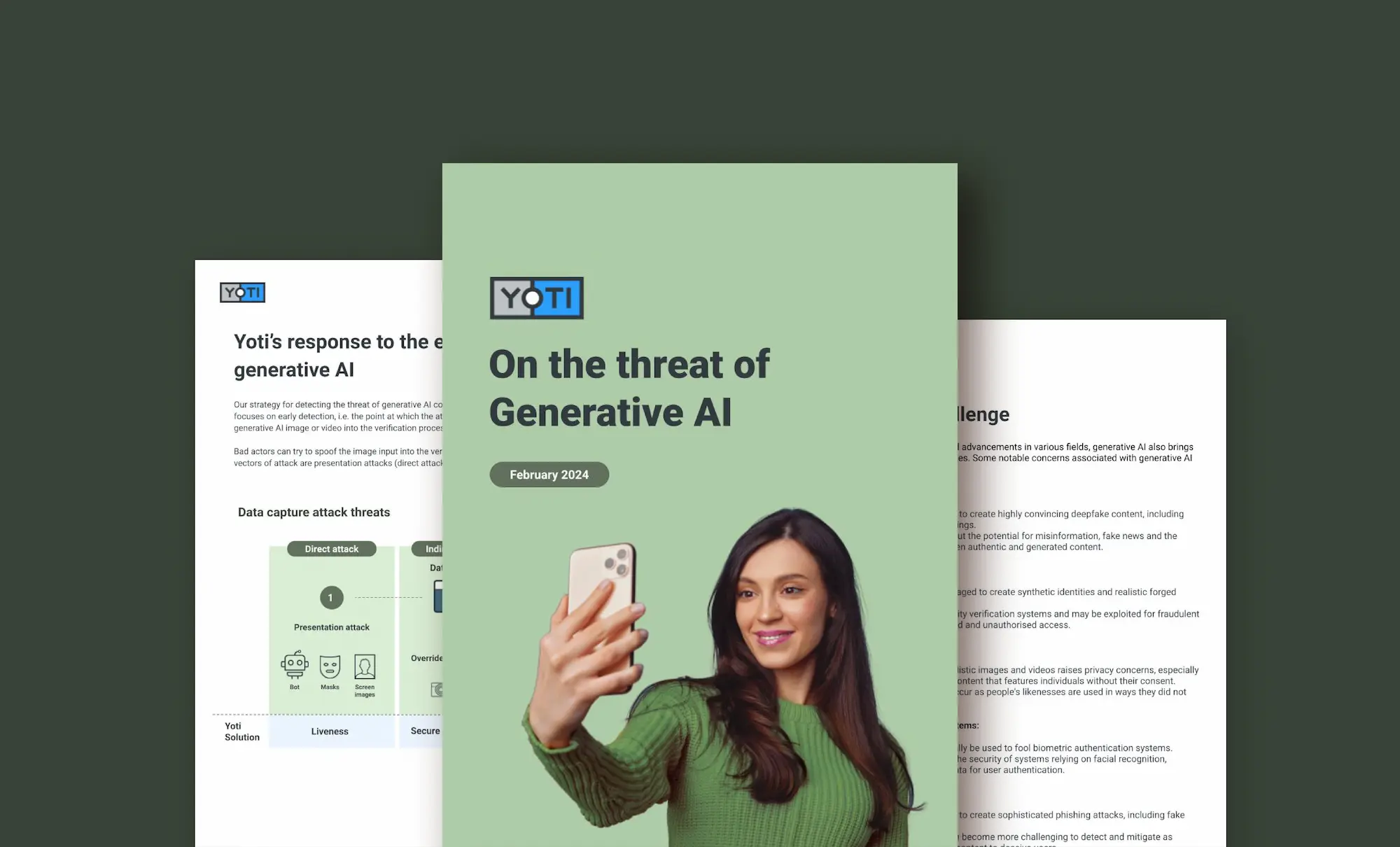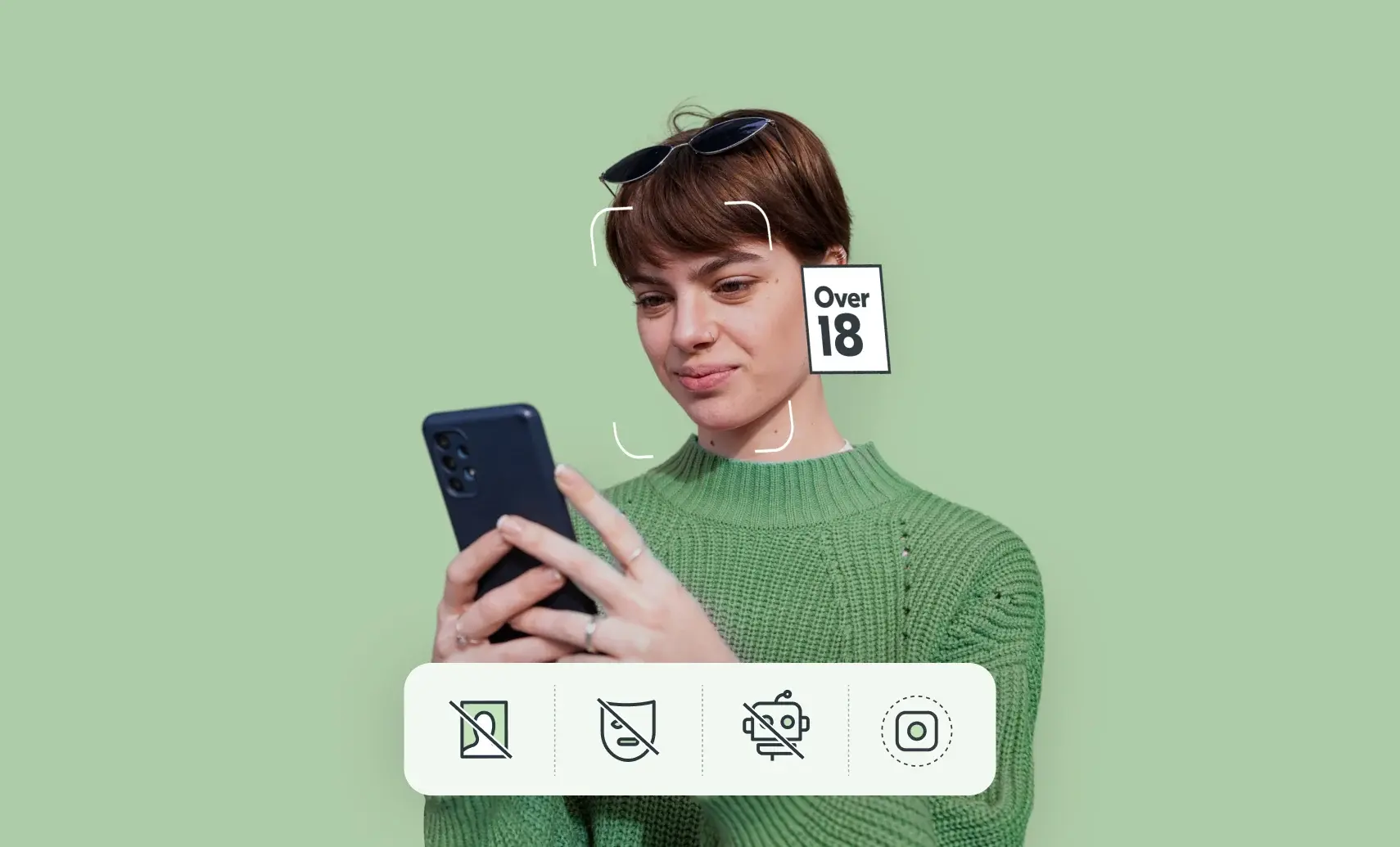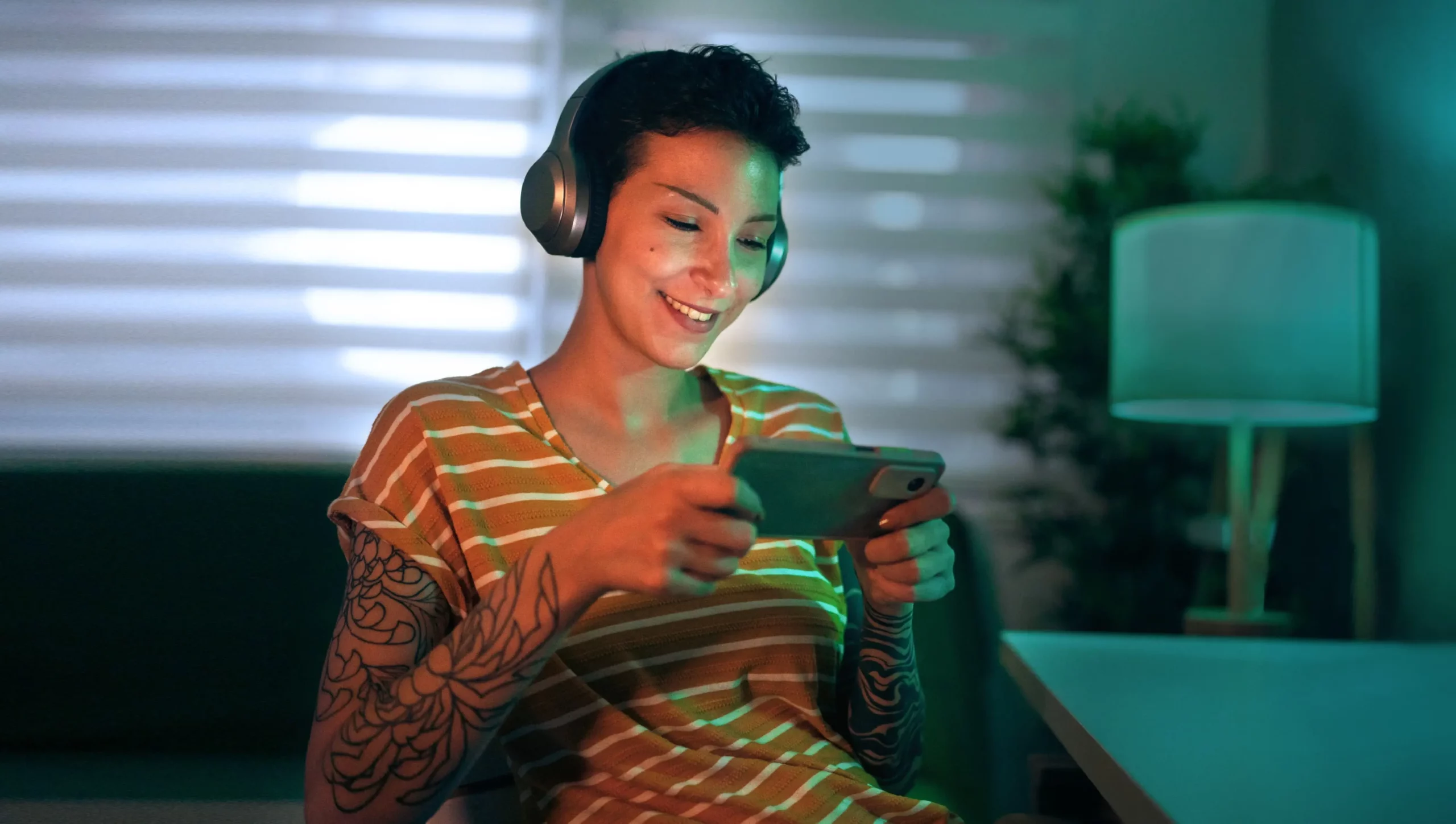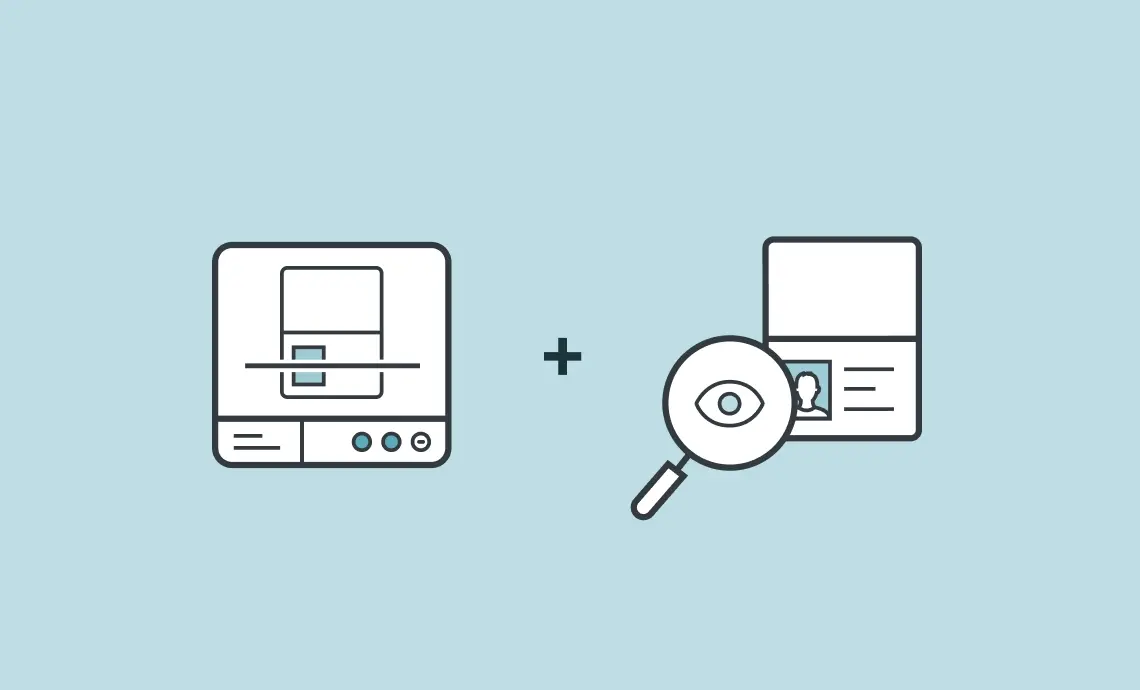Business
On the threat of detecting deepfakes
Learn how Yoti can help you defeat deepfakes As the threat of generative AI in identity and content integrity continues to build, Yoti has developed a comprehensive strategy focused on early detection by using tools to prevent AI-generated content or attacks at the point of source. Yoti’s strategy for detecting generative AI threats targets two attack vectors: presentation attacks (direct) and injection attacks (indirect), with a focus on early detection during the verification or authentication process. Our proprietary and patented technology can work on: Deepfakes Illicit images Account takeovers Identity theft and fraud Content moderation Injection attacks Bot
How Claims Gate automates KYC for some of the UK's highest volume litigation cases
“With Yoti’s technology, we can offer a seamless and positive customer experience; all of this reduces friction and improves the onboarding process.” James Jackson Managing Director at Claims Gate Claims Gate is a legal tech company that helps law firms onboard more clients for high volume group litigation cases. They allow law firms to automate the client qualification, esigning, document review, KYC and identity checks that law firms would otherwise have to do manually. We helped them: Provide automated identity verification checks on behalf of law firms. Offer the most user friendly interface and experience possible. Solution:
The importance of anti-spoofing for facial age estimation
It has been claimed that facial age estimation technology can be easily spoofed. The proliferation of news on generative AI and deepfakes has added to the conversation, and there is doubt and concern over the security of online safety systems. Suffice to say, we’ve thought of that. We have developed a suite of anti-spoofing tools to ensure your check is real, valid and accurate. Our experience working with organisations to implement age verification has enabled us to identify and cover risks and vulnerabilities. When we perform an age estimation check, we are actually performing a number of security checks simultaneously.
How Digital IDs are creating safer, more trusted matrimony connections
“When we were in search of a strategic biometric partner that aligns with our values, Yoti stood out as the perfect choice.” Hajji Laird Mostafa Mohammad Karim Founder & CEO (Chief Evangelism Officer), Muslim Marriage Services Muslim Marriage Services is the world’s only Certified Social Enterprise Muslim matrimonial brand, focussed on digital security and creating social impact in the world’s largest matrimony market. We helped them: Create a trusted platform for people to connect; giving them the best chance at finding compatible life partners. Offer users an improved online experience by giving them a safer and instant way
How Lockwood Publishing increased player protection using Yoti's facial age estimation technology
“I hadn’t taken age estimation seriously until I saw how accurate it is with Yoti’s technology. It’s an accurate, fun and interactive solution, which adds value to the gaming experience. The more steps you add in a player’s way, the higher the chance they’ll drop off, but age estimation adds to the overall game experience.” Claire Panter Director of Player Support Lockwood Publishing is an independent UK company that specialises in building virtual worlds for console and mobile platforms. We helped them: Give assurance to players that they were interacting with other adults. Ensure players were the right
Why automated technology with human fallback provides optimal results
Some identity providers claim that fully automated processes are the way forward. Whilst we agree that technology can improve and streamline processes, there are times when it’s valuable to have a human involved. Every business we talk to has different requirements for identity verification. This could be because of differing laws and their application in different regions, a varying risk appetite or wanting to ‘do the right thing’ to engender trust and increase success rates. When it comes to identity verification technology, there might be some scenarios where it’s helpful to use the skills of our security team. For instance:






